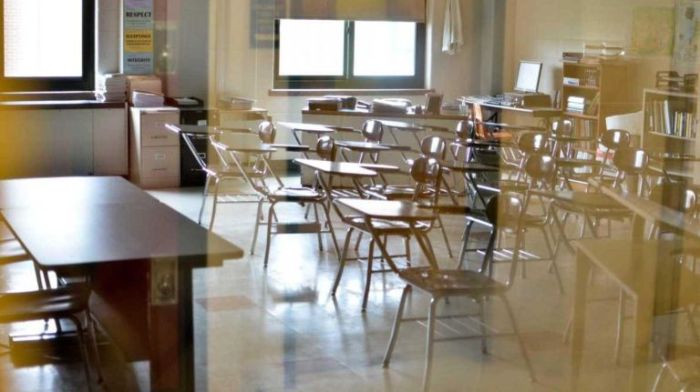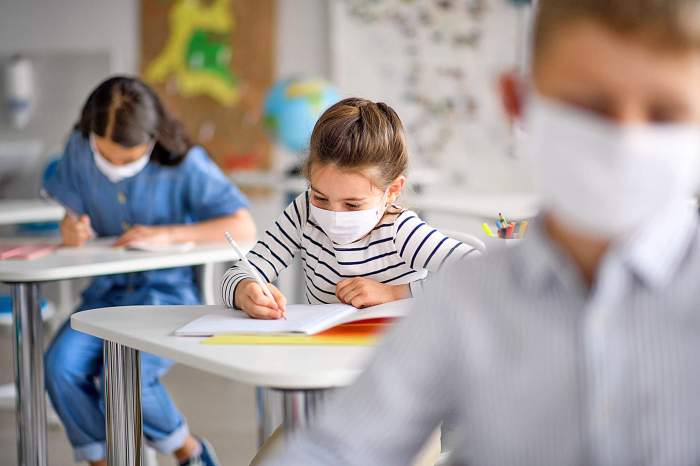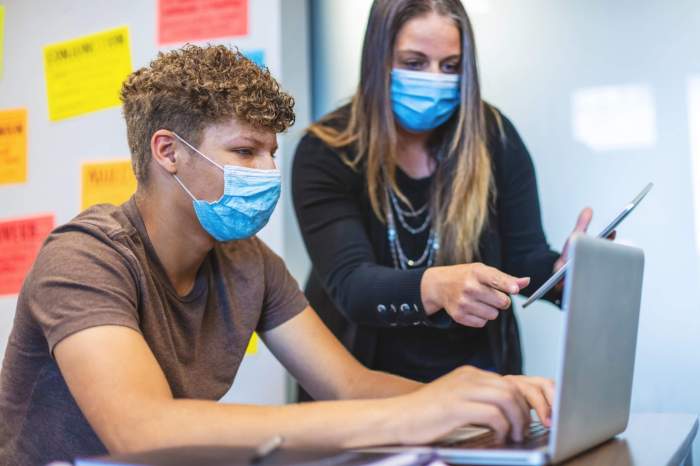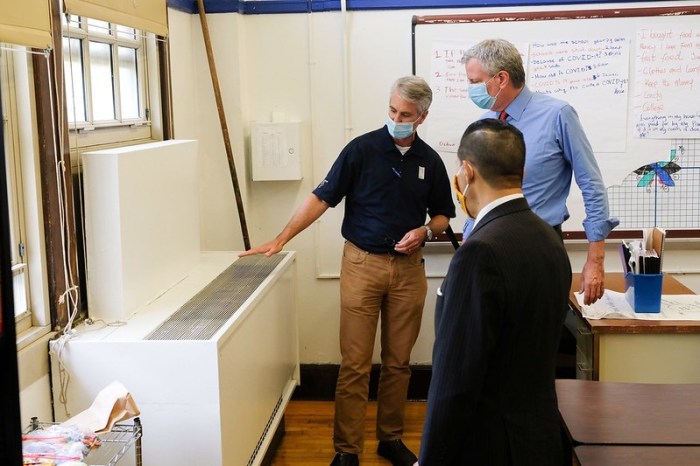New York City public high school seniors at risk of aging out the system this year will have the summer as well as all of the next school year to earn their diplomas, Department of Education officials told amNewYork Metro Thursdsay.
Normally, public high school students are allowed to work towards their degrees until they are 21 years old. But advocates have pressed officials to extend the time older students have to earn their high school diplomas due to the multiple interruptions to the school year caused by the coronavirus pandemic and the difficulties many students have faced accessing or engaging with remote learning.
Most of the students that require additional time to earn their high school degrees are English Language Learners or students with disabilities. Last summer, about 2,200 students across New York state needed six years to graduate from high school, according to the nonprofit group Advocates for Children of New York.
The group estimates that each year between 2,000 to 3,000 public school seniors across New York take an additional two years to earn their degrees.
“We are committed to providing our older students with multiple pathways to graduate and prepare for their next steps, and any student who may be aging out this year can attend our Summer Rising program and continue their education into the 2021-22 school year,” said DOE spokesperson Sarah Casasnovas. “We appreciate the State’s continued support to ensure these students have additional time to complete their education.”
The change in policy comes two days after the New York State Education Department released a memo encouraging all local school districts to grant public high school students aging out this year more time to earn their degrees in light of challenges presented by the coronavirus pandemic.
In the memo, state education officials recognized that their previous efforts to lessen the educational impact of the pandemic by canceling Regents exams last year and again in January 2021 in addition to relaxing high school graduation requirements were not enough to help struggling older students.
“While COVID-19 has impacted all of us, it has been particularly harmful to vulnerable populations, including most importantly, English language learners, economically disadvantaged and homeless students, and students with disabilities,” reads the memo signed by John D’Agati, senior deputy commissioner for education policy. “Again, this school year, this problem is greatly compounded for those students who will “age out” of the P-12 education system because they have turned 21 years old by the start of school in September 2021.”
The memo was released roughly a month after over 100 advocacy groups, led by AFC, sent a letter to state education officials requesting the state grant struggling students at risk of aging out of the public school system time during next school year to make up for lost learning.
“We’re very pleased to hear that the DOE plans to allow students over 21 to return to school, but need clarification on whether the DOE will fund the continued enrollment of students with disabilities placed by the DOE in specialized non-public schools,” said Ashley Grant, project director of postsecondary readiness project at AFC. “The DOE left out these students this past year.”


















